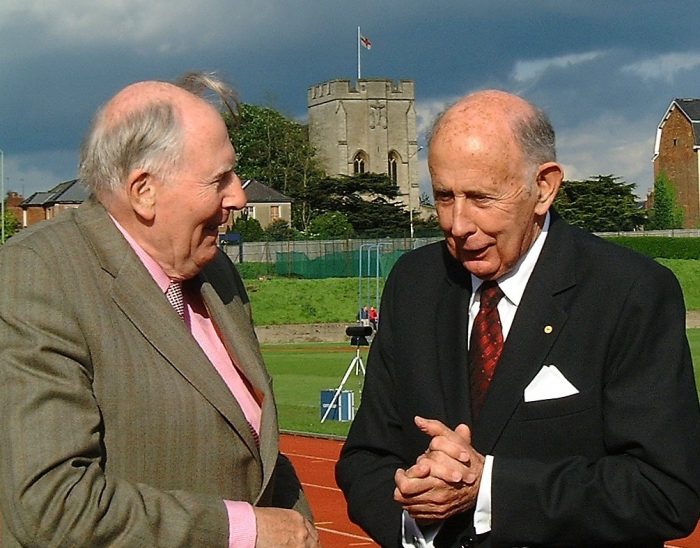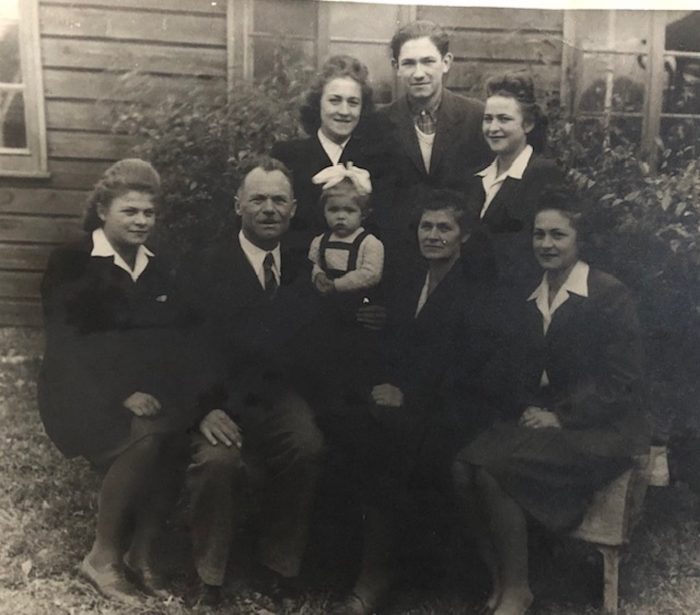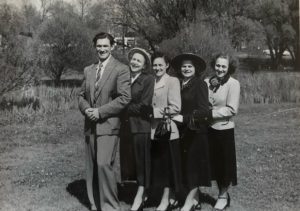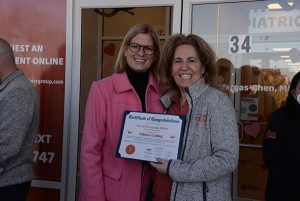By Raymond Janis
A wave of catalytic converter theft is sweeping through Suffolk County.
“If they grab two a night, that’s a nice living on the theft market. It’s becoming very popular across the country.”
— Bobby Lemmo
A catalytic converter is a valuable auto part attached near the engine of a motor vehicle. It converts harmful toxins generated by a vehicle’s exhaust system into less hazardous gasses.
“There has been an uptick in the theft of catalytic converters from vehicles in recent months,” said a spokesperson for the Suffolk County Police Department in an email statement. “The department made several arrests of individuals stealing catalytic converters in 2021 and most recently arrested a Medford man for stealing a catalytic converter from a Toyota in Bellport on Jan. 4.”
The catalytic converter contains precious metals such as platinum, zirconium, rhodium and palladium. Given its accessible location underneath the chassis, the catalytic converter has become an attractive target for thieves.
“Most catalytic converters are made with a ceramic honeycomb substrate infused with platinum, zirconium and some other metals depending on the model,” said Bobby Lemmo, certified automotive technician and resident of Smithtown, in a phone interview. “These are very rare and very expensive metals. A replacement from a manufacturer runs anywhere from $1,000 to $4,000. On the junkyard market, the ones that they’re stealing sell between $200 and $600.”
Compared with other auto theft crimes, catalytic converter theft is relatively low risk and simple yet highly profitable. Using basic tools that can be found in a hardware store, a catalytic converter can be stolen within minutes. According to Lemmo, criminals can support a stable livelihood by stealing just a few of these converters per week.
“They target certain cars that they know, where the position of [the catalytic converter] is easy to get to. It literally takes a minute,” he said. “If they grab two a night, that’s a nice living on the theft market. It’s becoming very popular across the country.”
Recent supply chain shortages and scarce resources have also fed this spike in catalytic converter theft.
“They used to be readily available, but they’re tougher and tougher to get. They’re just not around now,” Lemmo said. “It’s affecting theft insurance, too. People are putting theft insurance on a car that they normally wouldn’t.”
According to a 2021 report by the National Insurance Crime Bureau, the national rate of catalytic converter theft has “skyrocketed” throughout the pandemic. Additionally, as the value of the precious metals within the converters has increased, the theft rate has kept pace. Lemmo, whose business is based in Queens, said that he replaces stolen catalytic converters regularly.
“I don’t know how many we have replaced in the past year, but I would say a car every one or two weeks and mostly four-cylinder cars because they’re just easier to get to,” he said. “And that’s just us. We’re one small shop.”
Some vehicles are at greater risk than others. According to Lemmo, the Honda CR-V is the most popular model for theft.
“The Honda CR-V is probably number one,” he said. “It’s high enough off the ground that they don’t even need a jack. They can lay right on the floor to take it.”
The proliferation of catalytic converter thefts has prompted some public officials to propose stricter penalties for thieves and purchasers. New York State Sen. Diane Savino (D-Staten Island) spotted this trend in her district that covers the north of the island and parts of southern Brooklyn. Her proposed bill would impose greater restrictions on the purchase, sale and possession of stolen catalytic converters.
“We started noticing an increase in catalytic converter thefts in Staten Island about a year ago,” she said in a phone interview. “It’s an increasing problem not just here but all around the state. Working with one of my assembly colleagues, we’re looking to crack down on it by making the dealerships more responsible for the sale and resale of catalytic converters.”
Savino said that while it is illegal to steal a catalytic converter, her proposed legislation would make the crime less profitable. Her bill places harsher penalties on resale vendors, those who purchase the stolen converters cheaply and resell them at a premium.
“If someone steals a catalytic converter, there’s only one thing they’re doing with it,” Savino said. “They’re taking it to a chop shop, a salvage store or an auto dealer and they’re reselling it. We’re making them responsible for the product they are reselling.”
Other than stricter penalties, Lemmo believes manufacturers could alleviate the problem by serializing the converters. Serial numbers could both disrupt the resale marketplace and make the parts traceable, so that victims of this theft may have their stolen converters returned to them.
“For some of the newer cars, they have already gotten to the point of serializing them,” Lemmo said. “Possibly it could come back or, if anything, it will discourage them from taking it. Technically, it’s against the law for a scrap metal dealer to recycle one with a serial number.”
While Savino supports the issuance of serial numbers for new catalytic converters, she acknowledges the difficulty of targeting manufacturers through statewide legislation.
“It’s not out of the realm of possibility, but making manufacturers do something when they are not in the state of New York is just one more layer that would make it more difficult to enforce,” the state senator said. “It’s always easier to enact legislation that you can enforce within the four walls of your own state. When you’re doing something that affects products that are possibly manufactured overseas, it’s harder.”
For those concerned about the vulnerability of their car’s catalytic converter, the NICB recommends that vehicle owners install a catalytic converter anti-theft device, available from various manufacturers; park in a garage or well-lit area; and plant motion sensor lights to deter potential thieves.























